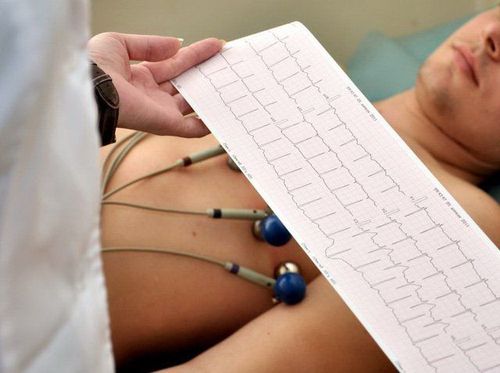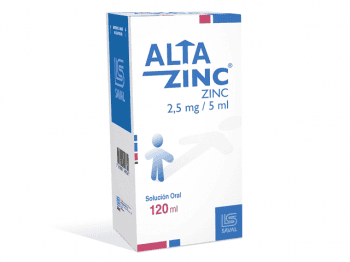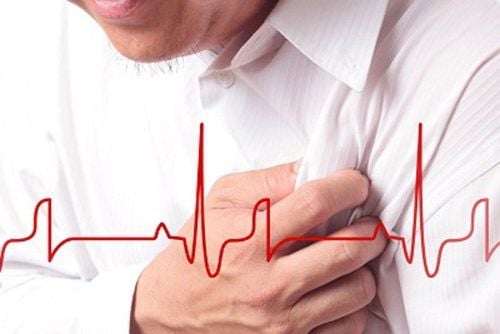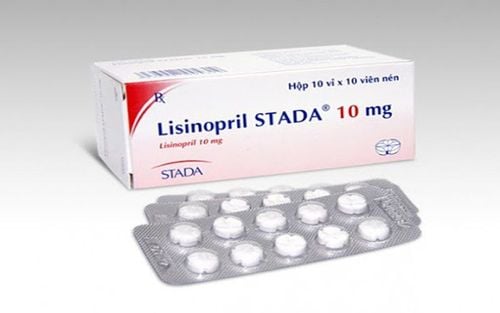This is an automatically translated article.
The article is professionally consulted by Doctor of Department of Medical Examination & Internal Medicine - Vinmec Phu Quoc International General Hospital.
Physiological electrocardiogram is a technique that is mentioned a lot in medicine. However, not everyone understands this technique. The following article will provide the reader with the basic information of this method as well as the meaning of the physiological electrocardiogram.
1. What is a physiological electrocardiogram?
Electrophysiological Studies (EPS) is an invasive exploratory technique used to study and map the electrical activity of the heart. This method involves doing specialized tests that map the electrocardiogram as well as placing a diagnostic catheter in the heart.In addition, cardiac electrophysiology is also considered as the foundational technique for the development of interventional methods to treat cardiac arrhythmias, such as Radio Frequency (RF) therapy or pacemaker implantation. eternal heart.
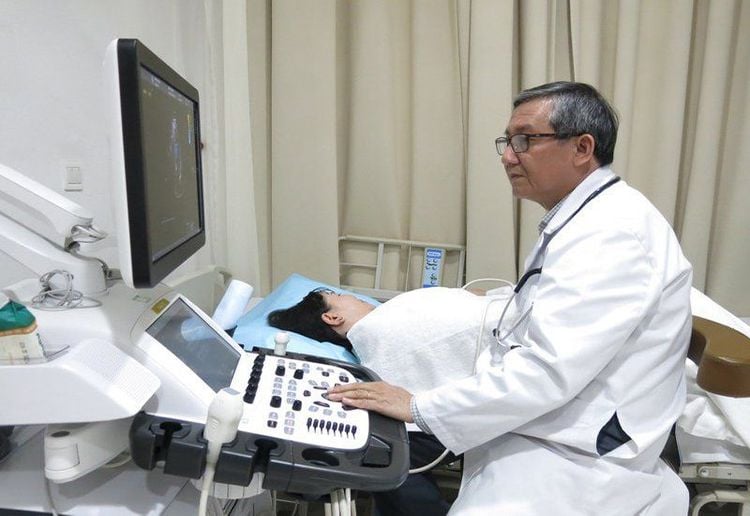
Thăm dò điện sinh lý tim giúp can thiệp điều trị các bệnh về tim
2. Meaning of physiological electrocardiogram
Electrophysiological probe can accurately assess the entire electrophysiological activity of the heart. Based on that, the doctor can observe and determine the location, shape and extent of damage that the cardiac nervous system is experiencing.
Specifically, electrophysiological testing can determine:
Where the arrhythmia originates How effective certain drugs are in the treatment of arrhythmias. Is catheter ablation necessary? Whether an implantable defibrillator (ICD) or pacemaker is required. The risks can lead to fainting, even sudden death due to cardiac arrest. Electrophysiological testing of the heart is especially important for arrhythmias that are not diagnosed by other conventional methods or for life-threatening arrhythmias.
3. In what cases is the electrophysiological study indicated?
Physiological electrocardiogram may be recommended by the doctor in the following cases:
People with arrhythmias (abnormal heart rhythms): to observe the way electrical signals move in the heart, The doctor may order an electrophysiological study in a person diagnosed with tachycardia, atrial arrhythmia, supraventricular tachycardia, or atrial fibrillation. At that time, a suitable treatment plan can be given to the current situation. Heart disease at risk of death: Sudden cardiac arrest is a high-risk condition that occurs in people with heart disease. Therefore, electrophysiological investigation helps doctors better understand the patient's condition and take appropriate measures. Cardiac ablation: at the beginning of the ablation procedure, the doctor will conduct an electrophysiological examination of the heart. Cardiac ablation is a procedure that treats arrhythmias (using cold or hot energy) by creating scar tissue to block out abnormal electrical signals. Cardiac surgery: The physician may recommend a physiologic electrocardiogram for a patient preparing for cardiac surgery and possibly concurrent cauterization.
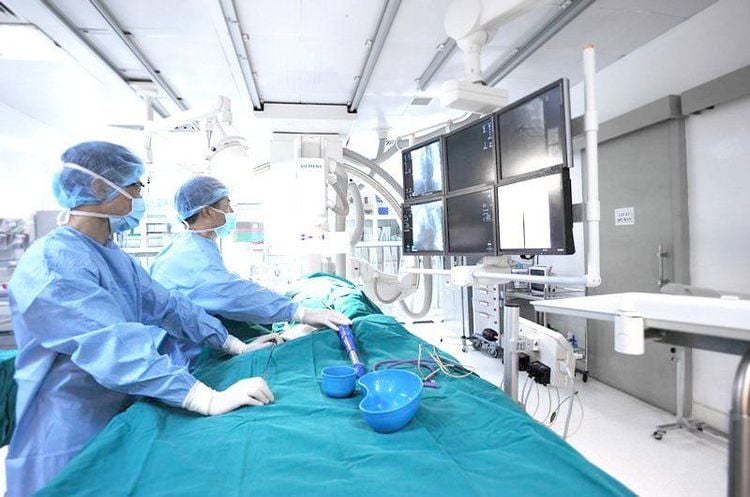
Thăm dò điện tim sinh lý được chỉ định thực hiện trước khi phẫu thuật tim
Process of performing electrophysiological testing The patient will be taken to the electrophysiology laboratory (also known as EP laboratory, cath lab). The electrophysiological procedure includes the following steps:
First, the patient will be fitted with a blood pressure and pulse monitor, surface electrocardiogram. Then place an intravenous line. Before vascular puncture to open the way into the vascular system, the doctor will inject a dose of local anesthetic. The catheter can be placed in the left thorax or in the groin. Through puncture sites, electrodes are inserted into the chambers of the heart. The video screen will then show the position of the catheters in the heart chambers corresponding to the location to be probed. In the area where the sheath is inserted, the patient may feel pressure but will usually feel no pain. The catheters will collect and record the electrical signals generated by the heart, in other words, map the heart. Thus, based on the image displayed on the screen and the heart map, the doctor can determine the location where the patient's arrhythmia level is. In certain cases, to evaluate the overall activity and function of the heart, the doctor may induce arrhythmias by stimulating the cardiac nervous system.
4. Result of physiological electrocardiogram
Physiological electrocardiogram results may be normal or abnormal
Normal results: the electrical impulses generated and transmitted are within the allowable limits Abnormal results: confirm arrhythmia, specifically such as bradycardia, supraventricular tachycardia, ventricular arrhythmias or the presence of additional accessory pathways. The normal limits of electrophysiological testing can vary slightly depending on the laboratory and medical facility. Patients can consult and consult a doctor to better understand the results of their physiological electrocardiogram.
Currently, Vinmec International General Hospital offers a Cardiac Arrhythmia Checkup Package to help you detect dangerous diseases early.
Please dial HOTLINE for more information or register for an appointment HERE. Download MyVinmec app to make appointments faster and to manage your bookings easily.
In April & May 2021, when there is a need for medical examination and treatment at Vinmec Times City International General Hospital, customers will enjoy dual incentives:
- Free specialist examination and discount 50% of many cardiac checkup packages such as:
+ Basic Cardiovascular Screening Package
+ Hypertension Checkup Package
+ Heart Failure Checkup Package
+ Coronary Cardiovascular Examination Package
+ Comprehensive Cardiovascular Checkup Package
- 50 off % of cost for customers with post-examination treatment indications. The program is limited to the corresponding technique of each hospital and to customers who perform this treatment technique for the first time at Vinmec.





